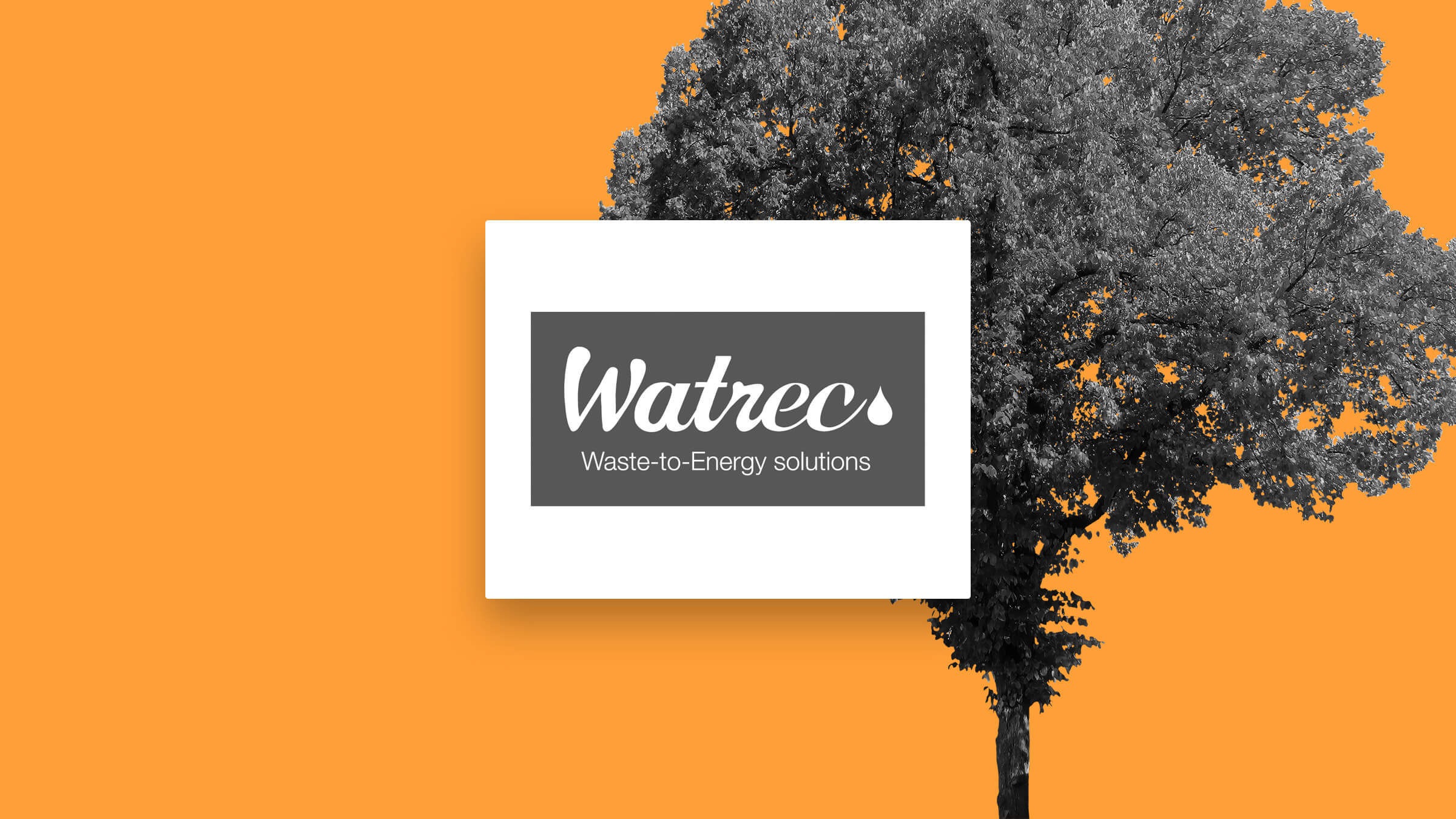Problem
A lot of biomass is left unused even though it could potentially be used for energy production. For example, biodegradable waste, industrial slurry and agricultural biomass could be used even more than they are now. The biomass combustion process alone wastes a great deal of nutrients and humus even though global phosphorous stores and the soil are being depleted at an alarming rate. Because of the effects of climate change, people must stop using fossil fuels as soon as possible and prioritise local and renewable clean energy production.
Solution: biomass-based energy and nutrients
Watrec designs and constructs industrial plants that refine organic matter into renewable energy (biogas) as well as soil improvement and fertiliser products. The processes of these industrial plants combine the company’s technological solutions as well as pre-existing technologies. One regular biogas plant can be used to reduce around 9,000 equivalent tons of carbon dioxide per year.
Revenue logic and benefits for Watrec
Watrec generates revenue by sharing its expertise, designing solutions and selling its technologies and plants on a turnkey basis. The company has also signed operating agreements with biogas and waste-water treatment plants on a case-by-case basis.
Benefits to customers and end users
Watrec’s customers are the companies in the waste management and energy industry. The positive environmental effects of Watrec’s solutions enable its customers to improve their business and generate positive publicity. Their customers are able to turn otherwise harmful waste or unused biomass into valuable resources. Any possible changes in the process needs are taken into account during the planning phase, thus helping to reduce the company’s need for continued investments.

















Recommended
Have one more?